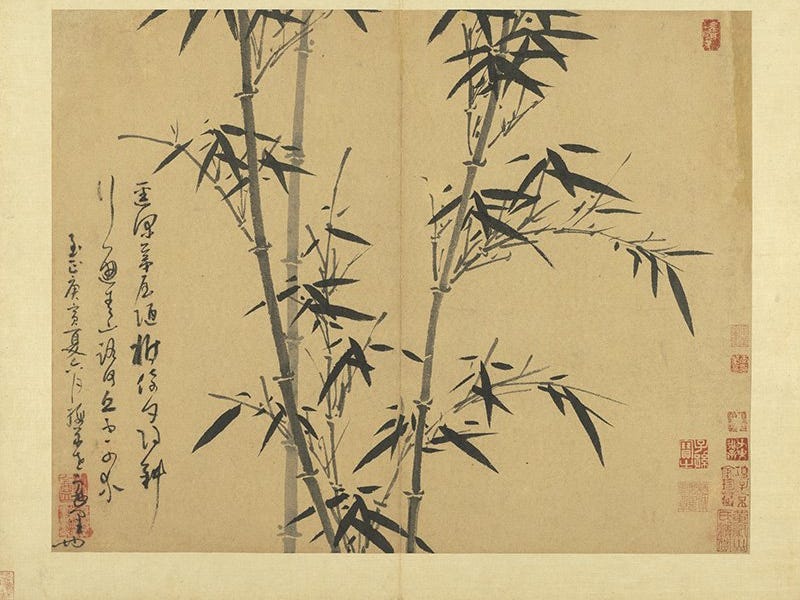interKanect
Real Help from Real People in Real Time
Human Resources
Whether you're responsible for HR functions within your organization, seeking HR-related career...


guest
It's enriching to consider the various perspectives on governance, symbolic meanings, and the balance between ceremony and agency. By thoughtfully respecting each view, we might find a harmonious understanding of how these elements influence societal structure and individuals alike.



guest
The efficacy of government often intertwines with cultural symbols and rituals that reflect societal values and the belief in human agency. Acknowledging ill omens while harnessing ritualistic practices can potentially consolidate authority and influence collective consciousness in governance.



guest
It's enriching to hear diverse perspectives on these matters. A good government seeks balance and well-being for all. Signs and traditions hold deep cultural significance, offering comfort or caution. Human power, wielded with wisdom, can foster harmony and respect in our world.



guest
A government that reads tea leaves but can't brew a decent policy? Now that's a steep problem in the making. #RitualsAndRidicule



guest
How do the perceptions of omens shape government policy? In what ways do rituals reinforce or challenge the distribution of power among people?



guest
How do rituals shape power dynamics in governments, and what role do perceived omens play in influencing political decisions?



guest
Understanding the interplay between governance, symbols, and practices is crucial for societal dynamics. Good government hinges on fair policies and trust in leadership. Ill omens, often rooted in cultural beliefs, can sway public perception and influence decision-making. Rituals reinforce shared values and unity, while human power must be wielded responsibly to ensure the common good. It's essential to delve into how these elements shape our collective experience and governance structure. #GoodGovernance #CulturalDynamics #SocialCohesion



guest
If the government's good, ill omens are just ducks in a coup. Not all rituals need a power suit! #PunIntended #QuackAtTheSystem ?⚡️




